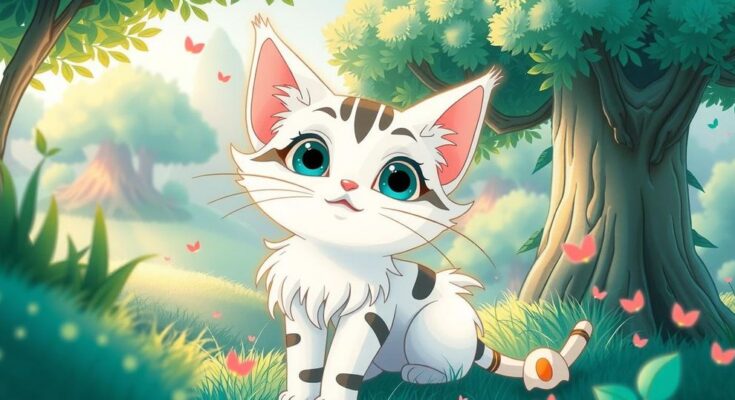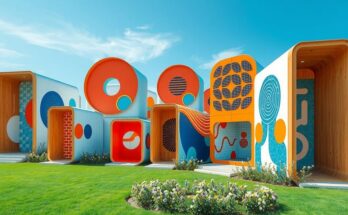This article explores the recent popularity of ChatGPT’s feature that generates Studio Ghibli-style images from user-uploaded content, highlighting concerns over copyright implications and the potential impact on artists’ livelihoods. The conversation includes reflections from Hayao Miyazaki on AI’s role in art, legal viewpoints on copyright issues, and the criticism of companies like OpenAI for their treatment of artist rights.
This article discusses the recent excitement surrounding ChatGPT’s new feature that allows users to transform images into a style reminiscent of Studio Ghibli, the renowned Japanese animation studio. While users enjoy creating these styled images, concerns regarding copyright and the implications of AI on human artists’ livelihoods have emerged. Studio Ghibli’s founder, Hayao Miyazaki, has previously expressed skepticism about using AI in animation, emphasizing the importance of authentic human experiences in art.
The case of Janu Lingeswaran exemplifies the trend when he transformed a photo of his cat into a Ghibli-style image using ChatGPT, resulting in a piece he intends to showcase. This tool has produced various striking results from memes and iconic images, garnering attention on social media. OpenAI, the technology behind ChatGPT, supports user creativity, stating it takes precautions to avoid mimicking the style of living artists while permitting broader studio styles.
Despite the excitement, legal experts have voiced concerns regarding the ethical implications of AI art generation. Josh Weigensberg pointed out the critical question of whether the AI model was trained using Studio Ghibli’s copyrighted works, raising potential issues of consent and compensation. He suggested that while artistic styles may not be copyrighted, specific elements within works could infringe copyrights, further complicating the legality of AI-generated images.
Artist Karla Ortiz criticized companies like OpenAI for their disregard toward artist rights, stating that the use of Ghibli’s branding without consent is fundamentally exploitative. Ortiz, currently involved in litigation against AI image generators for copyright infringement, emphasizes the ongoing struggle artists face as technology progresses.
As the debate on AI art continues, the story underscores the tension between technological advancements and the rights of creators, particularly as the public engages with AI tools that draw upon established artistic legacies.
In conclusion, the emergence of AI tools like ChatGPT’s Ghibli-style image generator has sparked a significant conversation about copyright, creativity, and the future of art. While many users appreciate the ability to innovate and create personalized art, the ethical implications of AI replication of established artist styles raise profound concerns regarding the rights and livelihoods of human creators. This ongoing dialogue emphasizes the necessity for a balance between technological progress and respect for artistic intellectual property.
Original Source: apnews.com




